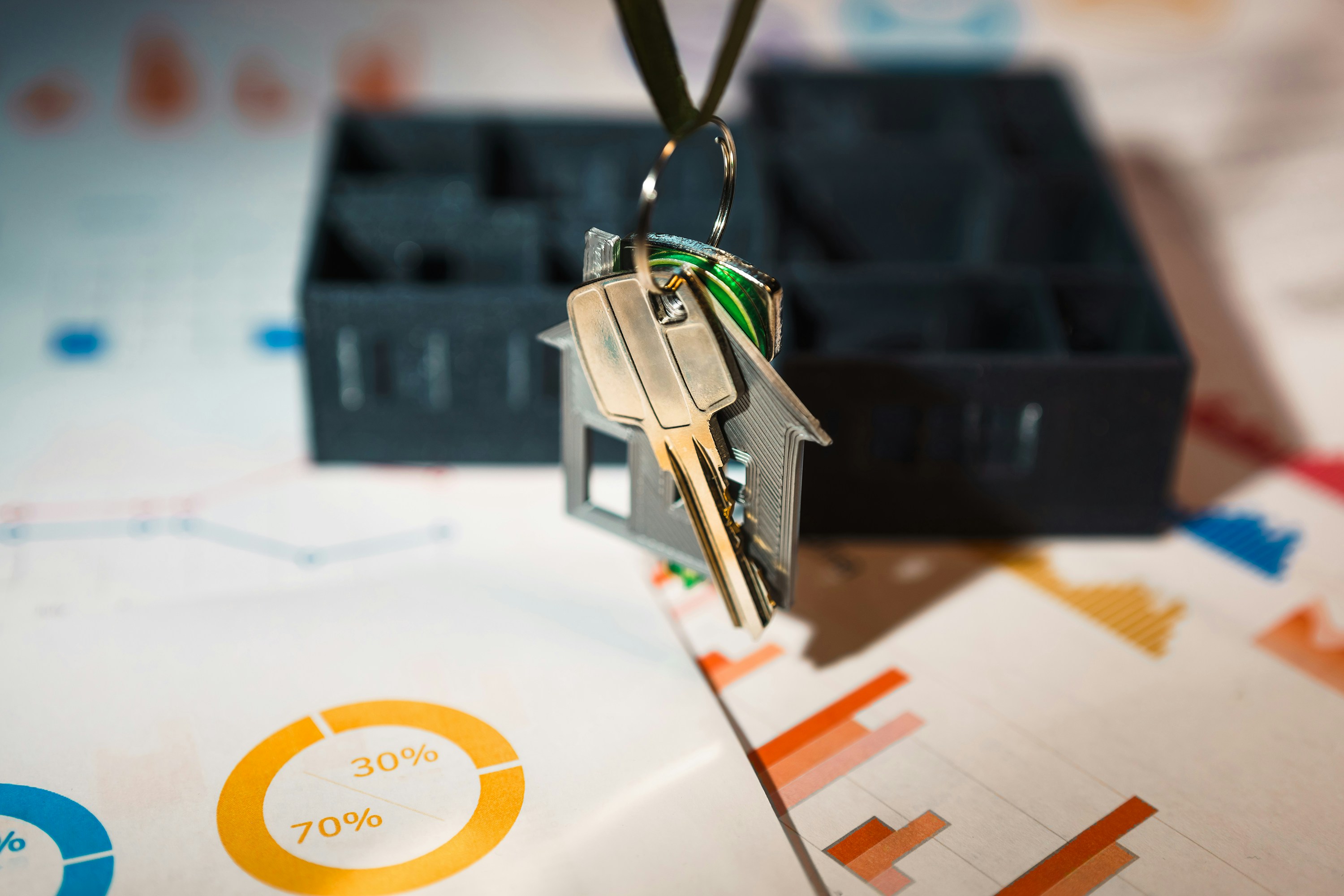What does it mean to Overpay your Mortgage?

Mortgage repayments tend to be the same amount each month. The money you pay goes towards both the mortgage and the interest. At the start, you owe more on your property and so will be paying more in interest.
So what about overpaying? This means paying more on top of your monthly mortgage bill. When you make these overpayments, the extra money goes towards the principal (the actual cost of the property, not the interest), therefore reducing your outstanding balance.
How does this affect the amount I owe?
By paying off more, you are taking money off the balance of the property. This will, in turn, reduce your outstanding balance. As a result, any future interest will be applied to a lower amount, reducing the amount you pay in interest.
You could therefore:
- Pay less in interest and therefore less overall
- Make smaller repayments as the amount of interest is reduced
- Take months or years off of your repayment period meaning you’ll be mortgage-free sooner
The more of your mortgage that you pay off, the lower your LTV (loan-to-value) which is the percentage of your home’s value that is covered by your mortgage. When you remortgage, a lower LTV could secure you a lower interest rate.
How do I overpay?
Monthly overpayments: The option to overpay monthly could be for you if you have the cash to spare. The best thing is that you don’t have to pay £100’s each month, even an extra £50 could make a difference if you’re paying that consistently - it could reduce your payment term by two years! That is because it reduces your debt and gets rid of the interest you would have been paying on it.
It’s easy to set up monthly payments as you’ll just be making them to your lender via a bank transfer.
There is also the option to pay a lump sum rather than monthly repayments, for example if you have received inheritance and want to put it towards your mortgage balance.
Before you decide to overpay, make sure you have everything else covered.
Emergency Fund
Ensure you have a fully stocked emergency fund before you start putting all of your spare cash towards your mortgage. Once that money is paid, it is gone so if you need to repair the roof or get a new boiler, you need to have cash set aside for instances like that.
Debt
Similar to your emergency fund, make sure that other important debts are paid before getting to overpaying, especially if you have high-interest credit cards to pay off.
Penalties
Some mortgages allow you to overpay but with a limit, such as 10% of your outstanding mortgage balance each year. If you go over this, you may have to pay a penalty charge.
Interest Rates
Paying off your mortgage could mean that the savings you make on the interest could beat the interest rate you get on your savings. Using an overpayment calculator could help you decide the best route of action.

.png)

.svg)


.svg)










.png)